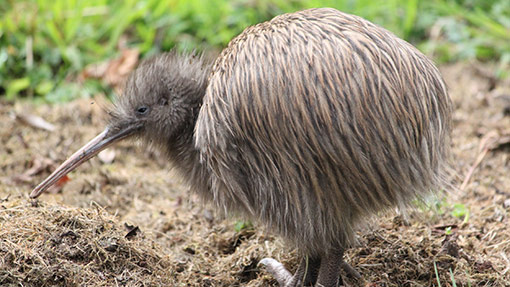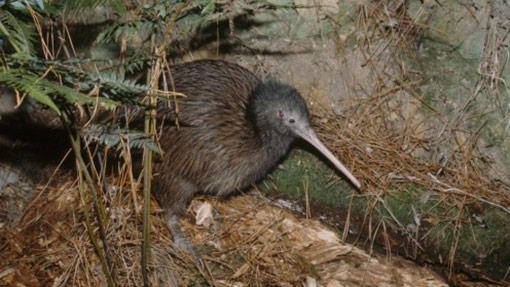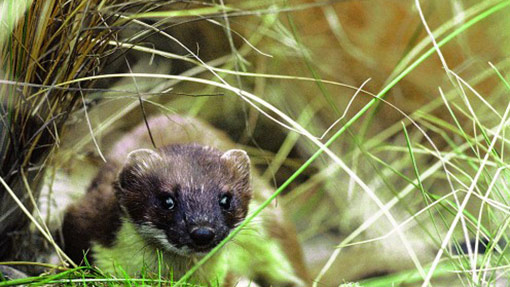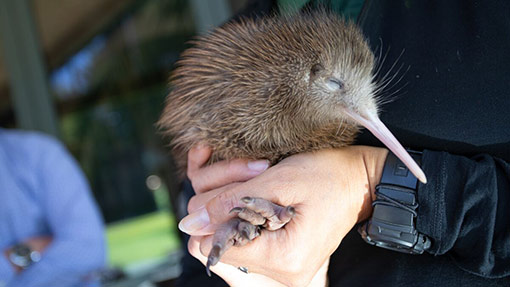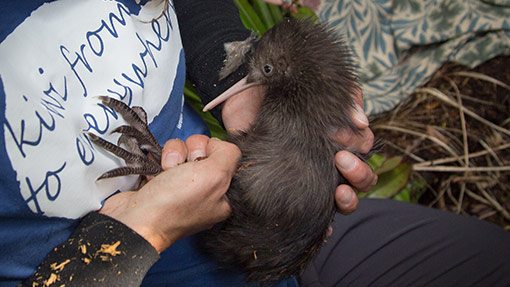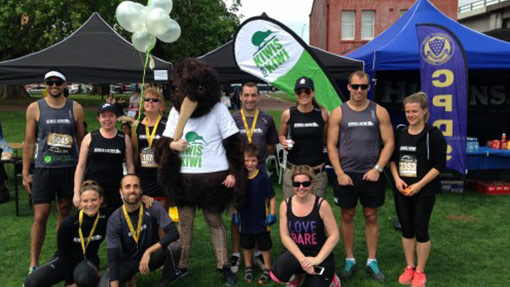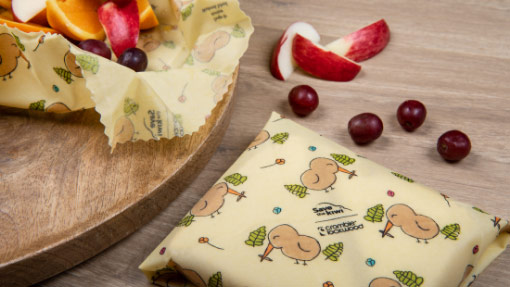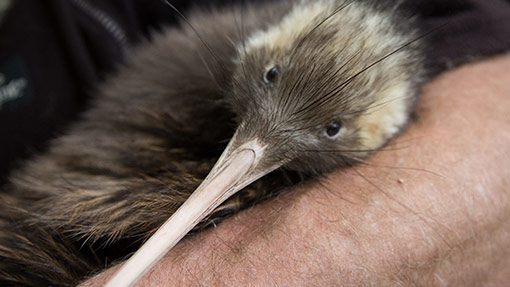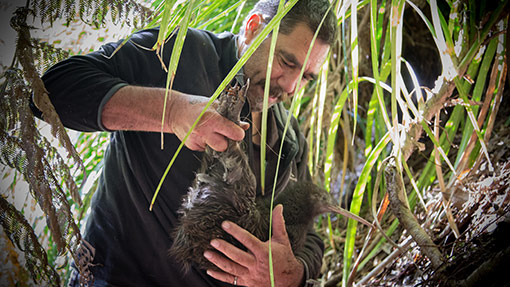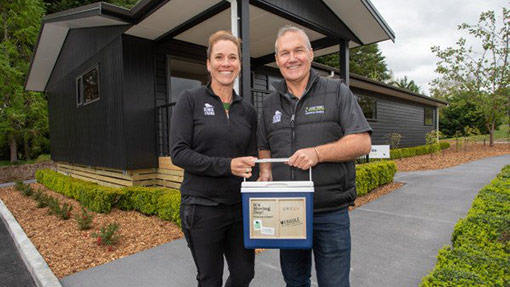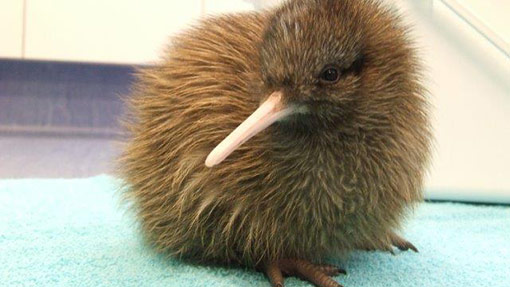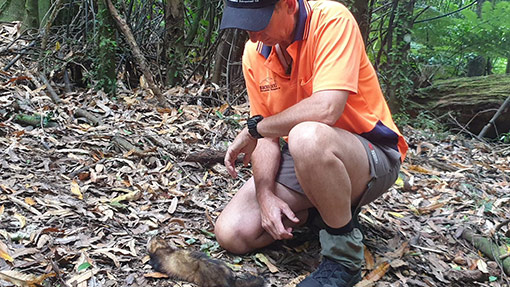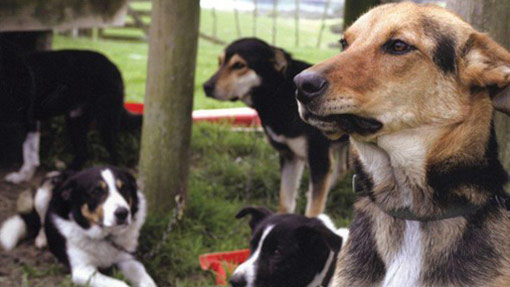Kiwi avoidance training for dogs
Dogs and kiwi should never meet. But just in case they do, kiwi avoidance training could help protect the kiwi.
Dogs are a major threat to adult kiwi. The death of just one kiwi can have massive repercussions on the recovery of a kiwi population. Kiwi Avoidance Training is a programme that can minimise the threat of dogs injuring or killing a kiwi.
The best option is to keep dogs on a lead and away from kiwi areas. But for dogs that need to go into areas where kiwi live, avoidance training is a tool that could help reduce the threat dogs pose to kiwi.
Why is a dog so harmful to kiwi?
Kiwi don’t have breastplates and chest muscles to protect their internal organs like other birds do. This means just a gentle nudge from an inquisitive dog has the potential to crush its very delicate ribcage and internal organs – even if the dog wasn’t being aggressive.
A kiwi doesn’t fly and sleeps during the day, which makes it particularly vulnerable to predators that hunt or roam the bush while it sleeps too.
Just one adult death is devastating to the kiwi population. One adult kiwi could lay 200 eggs in its lifetime, and her offspring could produce 800 chicks. Even just one kiwi death can have a devastating impact on kiwi recovery.
It is instinctive and natural behaviour for a dog to investigate unusual odour and movement. Regardless of their size, breed, training, or temperament, all dogs have the potential to regress back to their hunting instincts and kill a kiwi.
Save the Kiwi is working hard to raise awareness that dogs have a critical and devastating impact on our kiwi populations. This could be avoided with the help of dog owners.
For more information and to enroll your dog in a kiwi avoidance training session, visit the Kiwi Avoidance Training NZ website.

Photo credit: Jenny Feaver
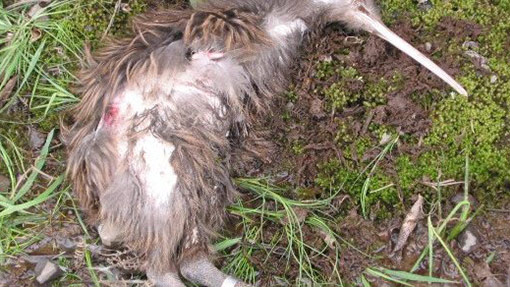


Photo credit: Jenny Feaver
Kiwi avoidance training explained
Before a dog can be trained to avoid kiwi, it must have been taught basic obedience so that it does what its owner asks.
As part of the training, dogs are walked, usually not on a lead, past a few different props like a taxidermied kiwi or kiwi nesting material. If the dog shows an interest in these objects, it gets a short sharp shock from the trainer, via a special collar. The dog quickly learns that they should stay away from these objects.
The dog is then walked past similar props and, if it avoids them, is certified as having shown consistent kiwi avoidance behaviour. Refreshers are held after six, 12, or 24 months (depending on how the first training session went), to make sure the dog remembers what it has learnt.
However, kiwi avoidance training should only be used for ‘dogs with jobs’ such as hunting dogs or farm dogs that have to be in kiwi areas. Pets can be kiwi avoidance trained, however it should be used as a last resort. Instead, owners of pet dogs should use other methods to ensure their dog never meets a kiwi, including keeping them out of areas where kiwi live, keeping them on a lead if they absolutely have to go into kiwi habitat, and obeying the signs.
Does kiwi avoidance training work?
Kiwi avoidance training does not make a dog ‘kiwi-proof’. Even after a dog has been trained, an uncontrolled or roaming dog may still attack a kiwi, especially if it is not regularly retrained. In the same way that rugby players need to train to remain at the top of their game, dogs should be retrained regularly to ensure they remember their training and continue to avoid kiwi.
The best option is simply to keep dogs away from places wild kiwi live. If it is unavoidable to take a dog into a kiwi area, it should always be under control. In many cases this means on a lead, even if it has been kiwi avoidance trained. If you live where kiwi may stray into your back garden, always keep your dog leashed or in a kennel at night.

Photo credit: Jenny Feaver
Enrol your dog in kiwi avoidance training
Keen to get your dog kiwi avoidance trained? Certified kiwi avoidance trainers are located all over New Zealand.
Click on the link below to visit the Kiwi Avoidance Training website and fill out the form. A trainer in your area will contact you ASAP.
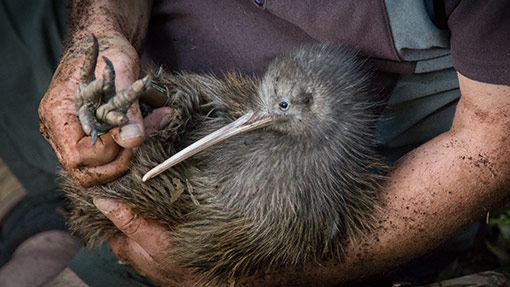
Advocacy
We’re all in this together. Save the Kiwi works to raise awareness about the plight of the kiwi and what is being done to help via social media, regular newsletters, and media publicity. (Photo credit: Jenny Feaver)
Predator control
Stoats, ferrets, rats, dogs, and other predators are the greatest risk to the kiwi population. Find out more about predators, the harm they cause to our native taonga, and what we can do to help.
Kiwi avoidance training
Dogs are the biggest threat to adult kiwi. Learn about a method that can successfully teach dogs how to avoid kiwi when they come across them in the wild.
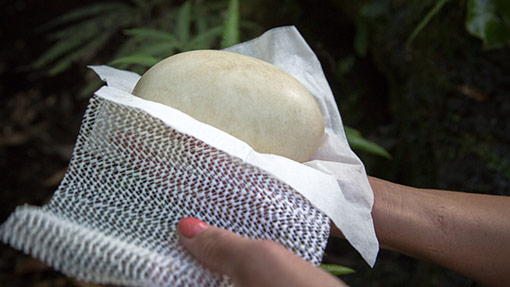
Operation Nest Egg
Operation Nest Egg is a national kiwi breeding programme which grows kiwi numbers much faster than they could in the wild. Find out more about what and who is involved. (Photo credit: Jenny Feaver)
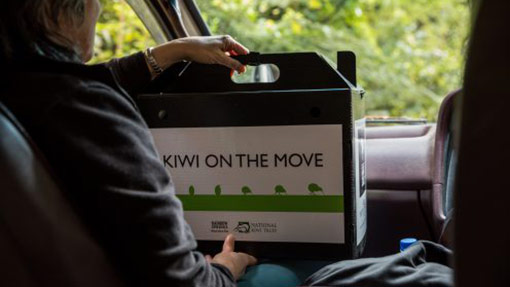
Kōhanga Kiwi
Kōhanga Kiwi is a ground-breaking strategy that both preserves current numbers of kiwi and increases them. Learn about this world-leading conservation initiative.
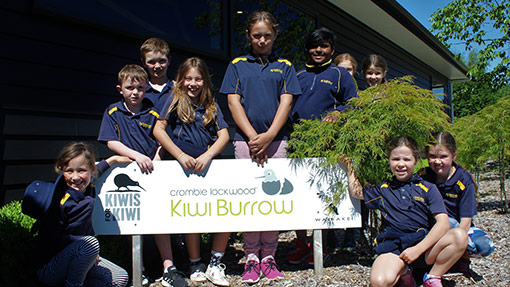
Gallagher Kiwi Burrow
The Gallagher Kiwi Burrow (formerly known as the Crombie Lockwood Kiwi Burrow) is Save the Kiwi’s kiwi incubation, hatching, and brooding facility. Learn about the facility and the chicks that temporarily call this facility home.
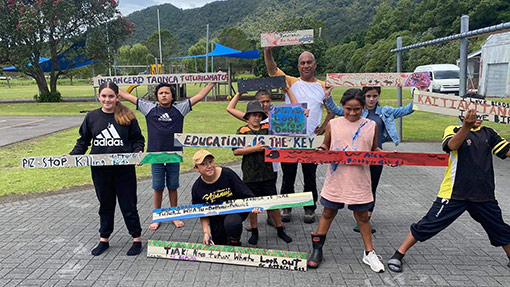
Whānau, hapū, iwi & kiwi
Kaitiakitanga is integral to the spiritual, cultural, and social life of tangata whenua. Find out how Save the Kiwi is committed to supporting Māori leadership in kiwi and wider efforts to restore the health of the whenua.
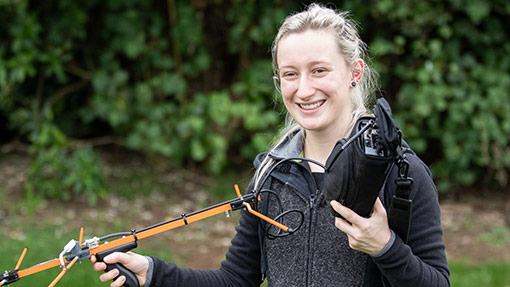
Jobs for Nature
In 2020, Save the Kiwi was awarded Jobs for Nature funding which was redistributed to various kiwi conservation projects. Find out about these projects and the environmental gains they’re seeing. (Photo credit: Jenny Feaver)
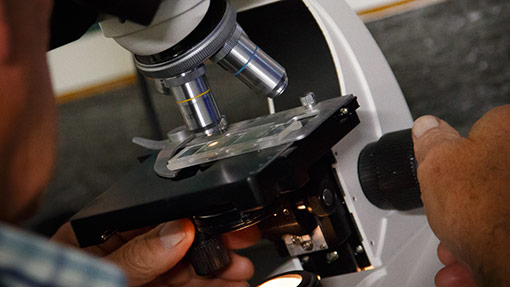
Research
An enormous amount of research about the kiwi population has been undertaken over the years. Learn about the research behind Save the Kiwi’s vision.
